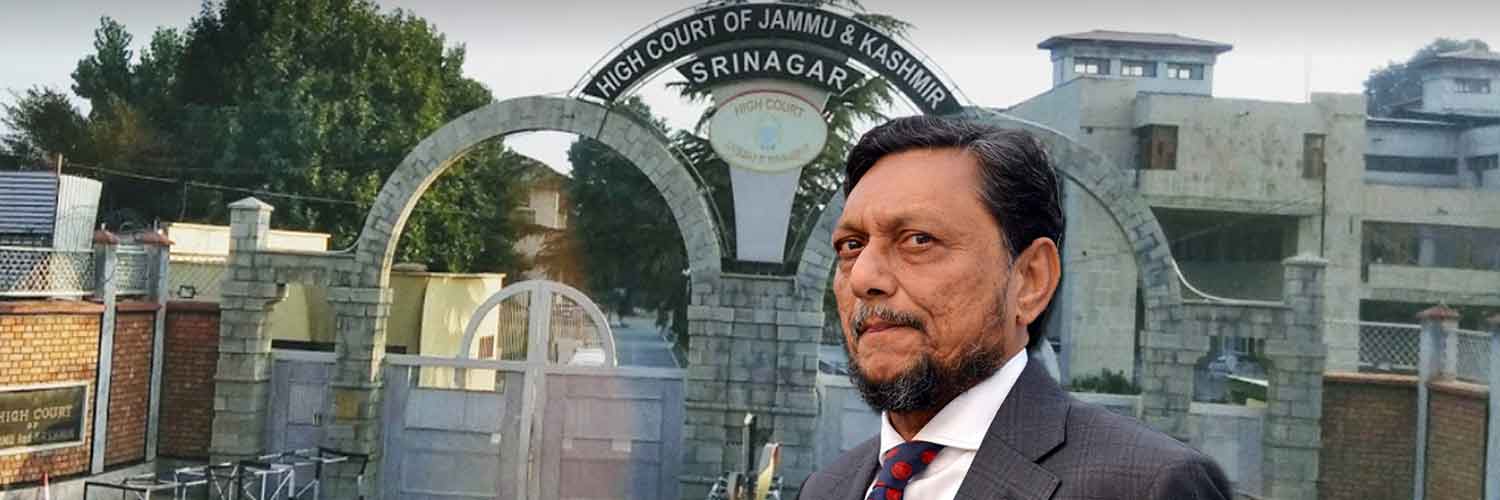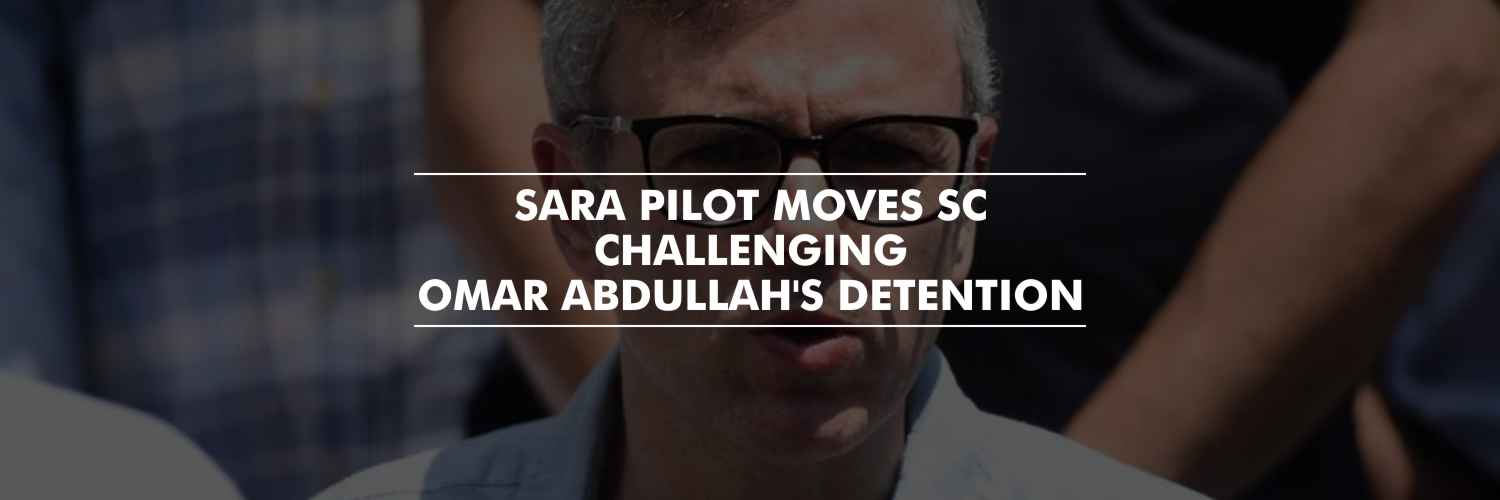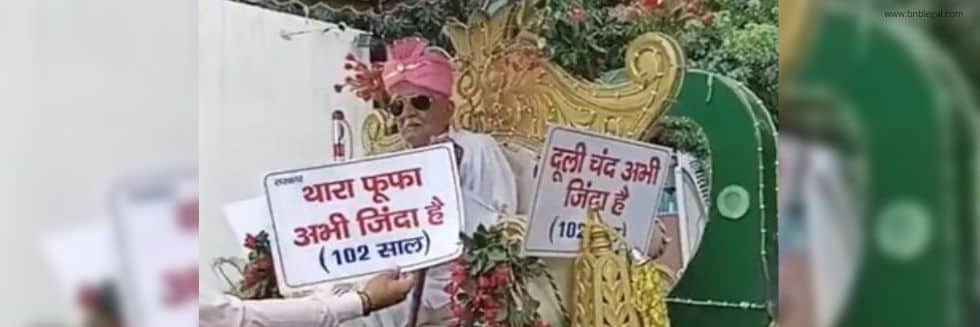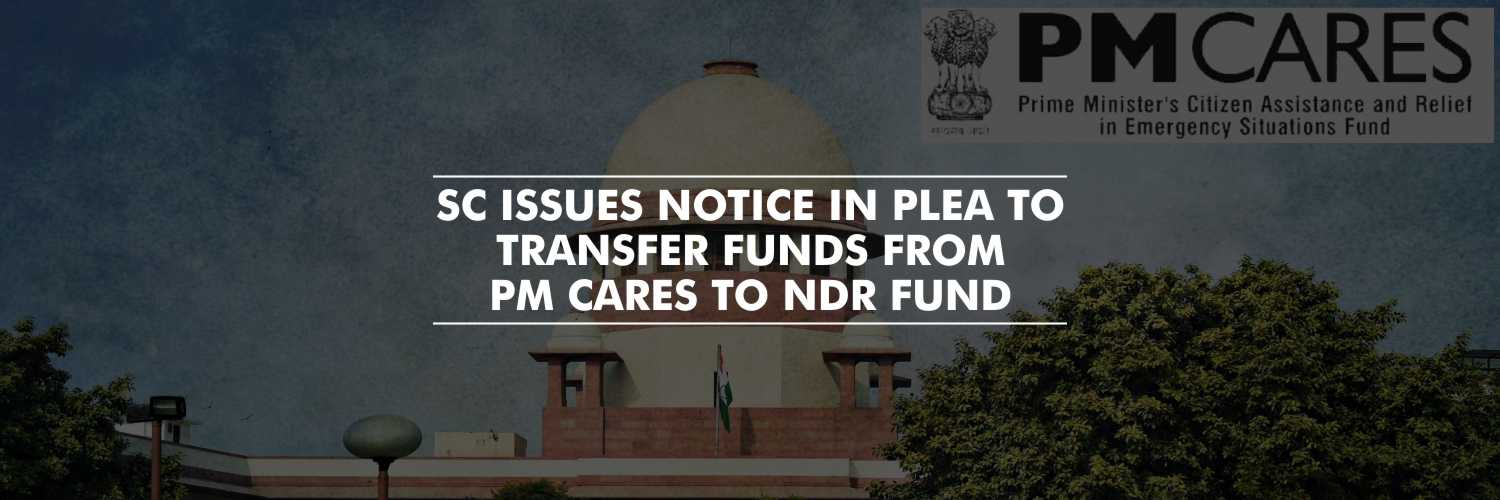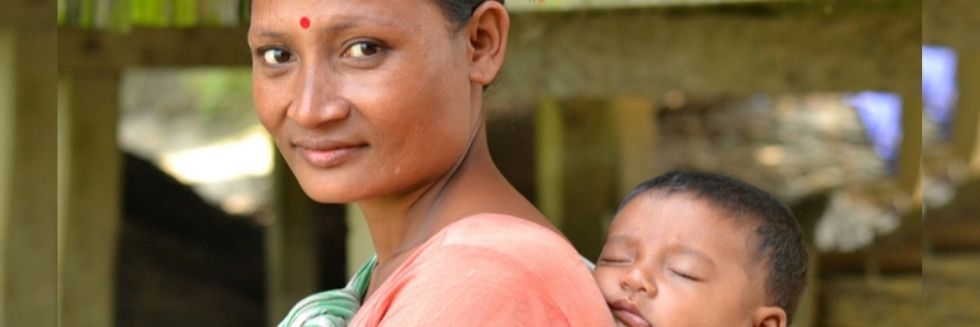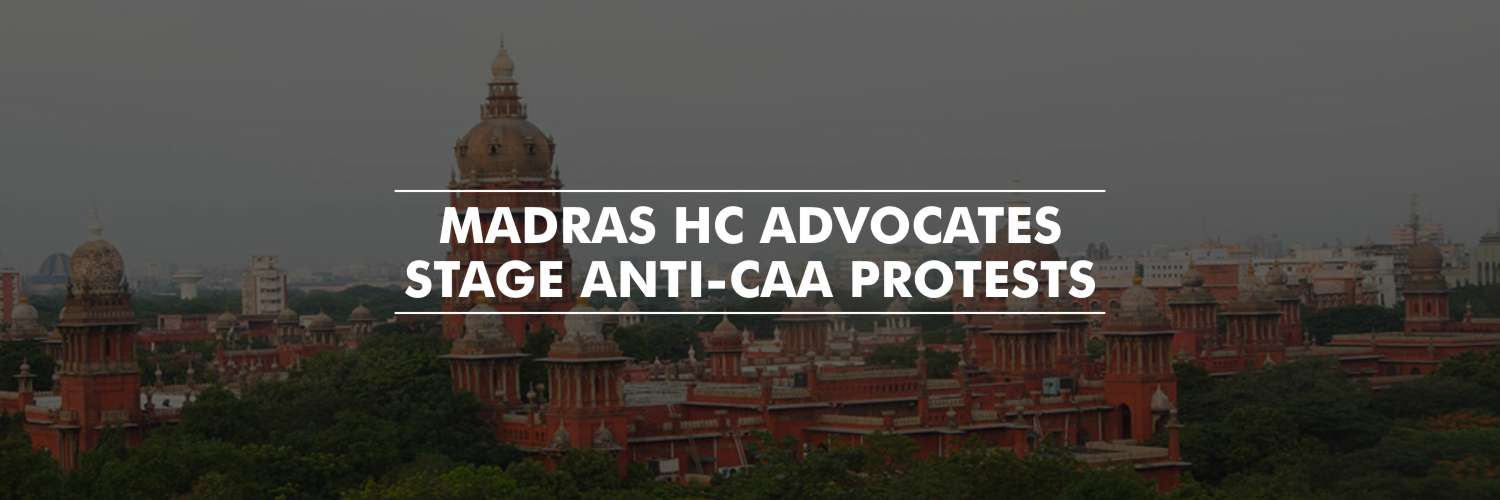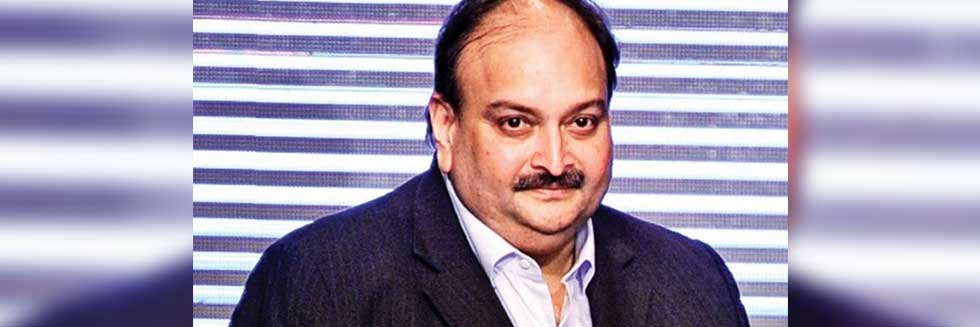In a letter to the Chief Justice of India S A Bobde, the Jammu and Kashmir High Court Bar Association’s executive committee stated that “Ever since the scrapping of Article 370 in August last year, around ninety-nine percent of the habeas corpus filed with the J&K High court, have remained pending.”
The committee in its letter dated 25th June noted that almost 13,000 people from the Kashmir Valley were arrested under provisions of the Jammu and Kashmir Criminal Procedure Code, and hundreds booked under the Public Safety Act after 5th August, when Articles 370 and 35A of the Indian Constitution were scrapped in Jammu and Kashmir.
“Since 6th August 2019, more than 600 habeas corpus petitions have been filed before the Hon’ble High Court of Union Territory of J&K at Srinagar and till date and not even 1 percent of such cases have been decided by the J&K High Court,” asserted the letter.
Further, while referring to the habeas corpus petition filed by the president of the bar association Mian Abdul Qayoom, the letter stated that the high court took nearly six months to decide on the plea and another three months to decide the appeal. The matter is now pending before the Supreme Court.
The Association has asserted that the primary reason behind such delay in disposal is that no direction has been given by the High Court Chief Justice, asking the Registrar Judicial to list these HCPs before every Judge
irrespective of their daily roster, so that the petitions are decided within 14 days as per the High Court Rules.
The bar association also highlighted the difficulties faced by lawyers due to restrictions on internet speed in Jammu and Kashmir. The letter noted the “tremendous hardships” faced by advocates, particularly in Srinagar, since August 2019.
“Because of restrictions in the operation of 4G in J&K, it is very difficult to argue the matters through virtual mode, though, an option is given to the counsel to appear before the court. The lawyers, whose cases are listed are allowed to enter the court premises but their clerks and juniors are not allowed disabling the lawyers to assist the courts properly,” added the letter and sought a meeting with the CJI, demanding orders to be passed addressing its grievances.
